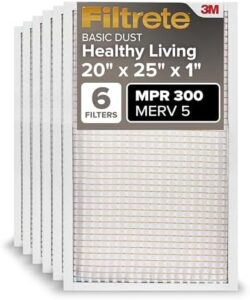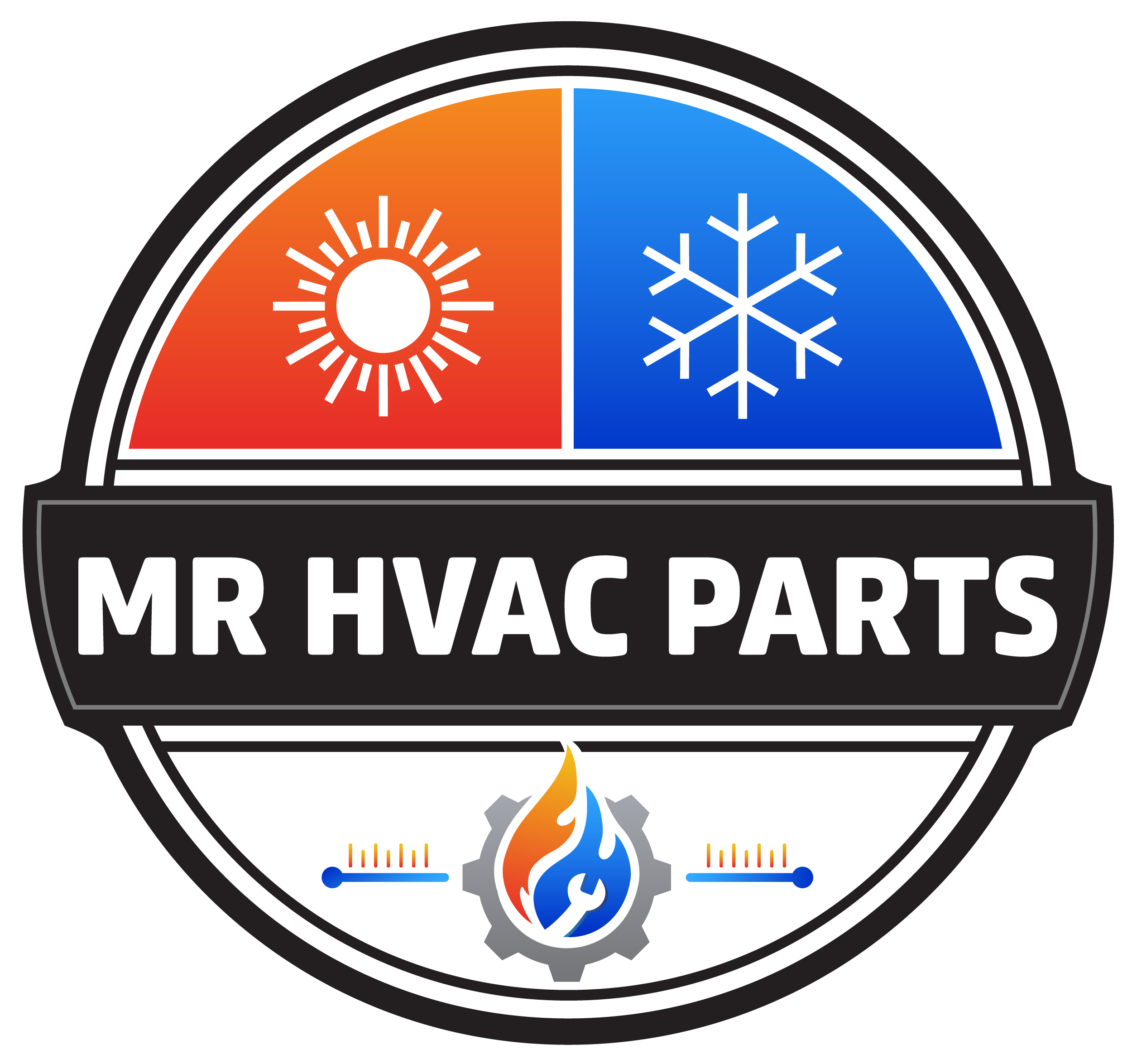Air Filters in Washington DC and the DMV Area: Expert Advice
Maintaining a clean and efficient HVAC system is crucial for any home or business in Washington, DC, and the surrounding DMV area. One of the most important components of your HVAC system is the air filter, which plays a key role in ensuring the air you breathe is clean and your system runs smoothly. In this guide, we’ll cover everything you need to know about air filters, from their types and benefits to how often they should be replaced and where to find them in the DMV.
Why Air Filters Matter

Air filters are the first line of defense against airborne particles that can circulate through your HVAC system and into your living or working spaces. In an area like Washington, DC, where urban pollutants, allergens, and seasonal pollen are prevalent, having a high-quality air filter is essential for maintaining indoor air quality.
Benefits of Using Quality Air Filters:
Improved Air Quality: A good air filter captures dust, pollen, mold spores, pet dander, and other allergens, preventing them from entering your home.
Enhanced HVAC Efficiency: Clean air filters allow your HVAC system to operate more efficiently, reducing energy consumption and prolonging the life of your system.
Reduced Allergies and Respiratory Issues: For residents with allergies or respiratory conditions, using a high-efficiency air filter can significantly reduce symptoms and improve overall health.
Types of Air Filters
There are several types of air filters available, each designed to meet specific needs. When selecting an air filter for your home or business in the DMV, it’s important to understand the options:
Fiberglass Filters:
Overview: These are the most basic and economical air filters. They are disposable and typically have a low MERV (Minimum Efficiency Reporting Value) rating.
Best For: Basic dust and debris filtration. Ideal for systems where cost is a concern and air quality is not a top priority.
MERV Rating: 1-4
Pleated Filters:
Overview: Pleated filters are made from polyester or cotton paper and offer a higher level of filtration than fiberglass filters. They have a larger surface area due to their pleats, which allows them to capture more particles.
Best For: Homes with pets or allergy sufferers. They provide better air quality without a significant increase in cost.
MERV Rating: 5-8
HEPA Filters:
Overview: High-Efficiency Particulate Air (HEPA) filters are designed to capture up to 99.97% of particles as small as 0.3 microns. They are commonly used in environments where air quality is critical, such as hospitals and clean rooms.
Best For: Individuals with severe allergies, asthma, or other respiratory issues. Also ideal for areas with high levels of pollutants.
MERV Rating: 17-20
Electrostatic Filters:
Overview: These filters use static electricity to attract and capture airborne particles. They can be either disposable or washable and reusable.
Best For: Environmentally conscious consumers who want a reusable filter option.
MERV Rating: 5-10
Activated Carbon Filters:
Overview: These filters are infused with activated carbon, which helps to remove odors, smoke, and VOCs (volatile organic compounds) from the air.
Best For: Homes with smokers, pets, or strong odors. Also effective in removing harmful gases.
MERV Rating: Varies depending on the filter
How Often Should You Replace Air Filters?
The frequency with which you should replace your air filters depends on several factors, including the type of filter, the specific needs of your household, and environmental conditions in Washington, DC, and the DMV area.
General Replacement Guidelines:
- Fiberglass Filters: Every 30 days
- Pleated Filters: Every 60-90 days
- HEPA Filters: Every 6-12 months (depending on usage)
- Electrostatic Filters: Wash every month (if reusable)
- Activated Carbon Filters: Every 3-6 months
In the DMV, where seasonal pollen and humidity can be significant, you may need to replace your filters more frequently, especially during peak allergy seasons or when running your HVAC system continuously.
Choosing the Right Air Filter for Your HVAC System in the DMV
When selecting an air filter, consider the following factors to ensure you choose the best option for your home or business in Washington, DC, or the broader DMV area:
MERV Rating: A higher MERV rating means better filtration but can also restrict airflow if your HVAC system isn’t designed to handle it. For most residential applications, a MERV rating between 8 and 13 is ideal.
Size and Fit: Ensure the filter size matches your HVAC system specifications. An ill-fitting filter can allow unfiltered air to bypass the filter, reducing its effectiveness.
Air Quality Needs: If you have allergies, pets, or live in an area with high pollution, opt for a filter with a higher MERV rating or consider a HEPA or activated carbon filter.
Budget: While higher-quality filters can be more expensive, they often last longer and provide better air quality, which can lead to long-term savings.
Where to Buy Air Filters in Washington, DC, and the DMV
Finding the right air filter for your HVAC system is easy in the DMV. Shop our selection now or contact us for a special order.
Air filters are a small yet crucial part of your HVAC system, significantly impacting both your system’s efficiency and the quality of the air you breathe. Whether you’re in the heart of Washington, DC, or anywhere in the DMV, selecting the right air filter and maintaining a regular replacement schedule can improve your indoor environment and extend the life of your HVAC system.
Investing in a high-quality air filter is not just about maintaining your HVAC system—it’s about ensuring the health and comfort of everyone in your home or business. Make sure to choose the right filter for your needs, and enjoy cleaner, healthier air in the DMV.


